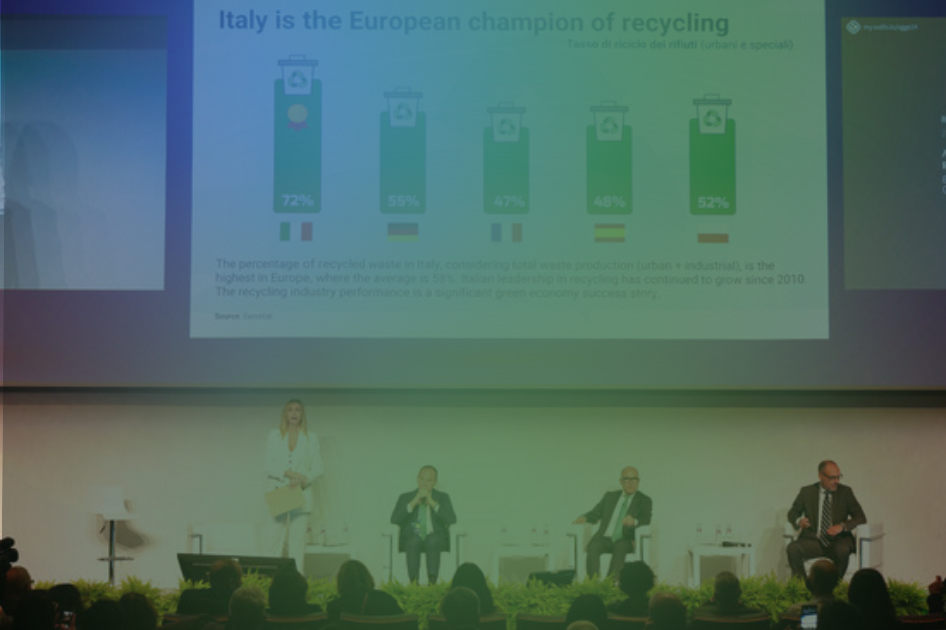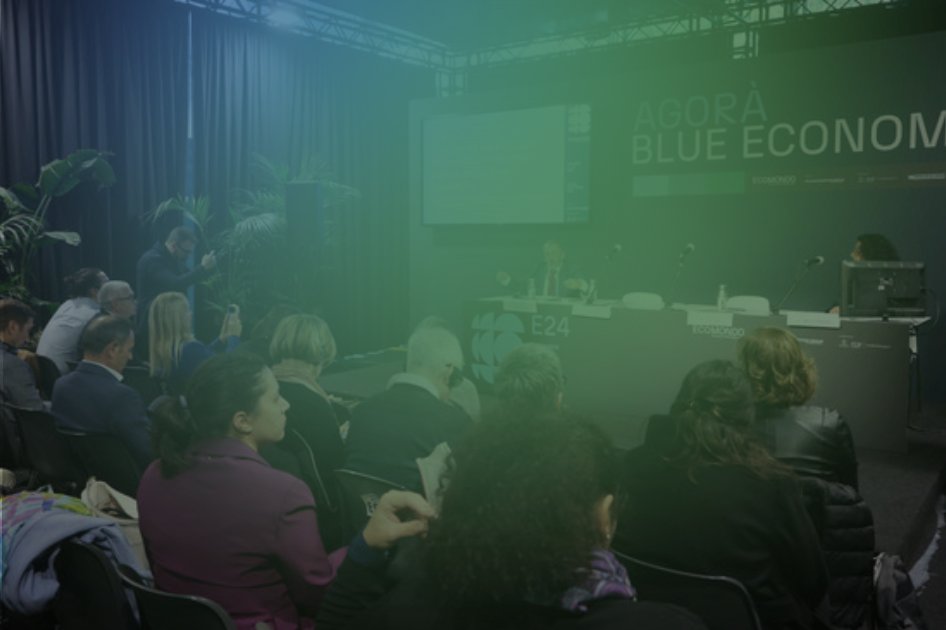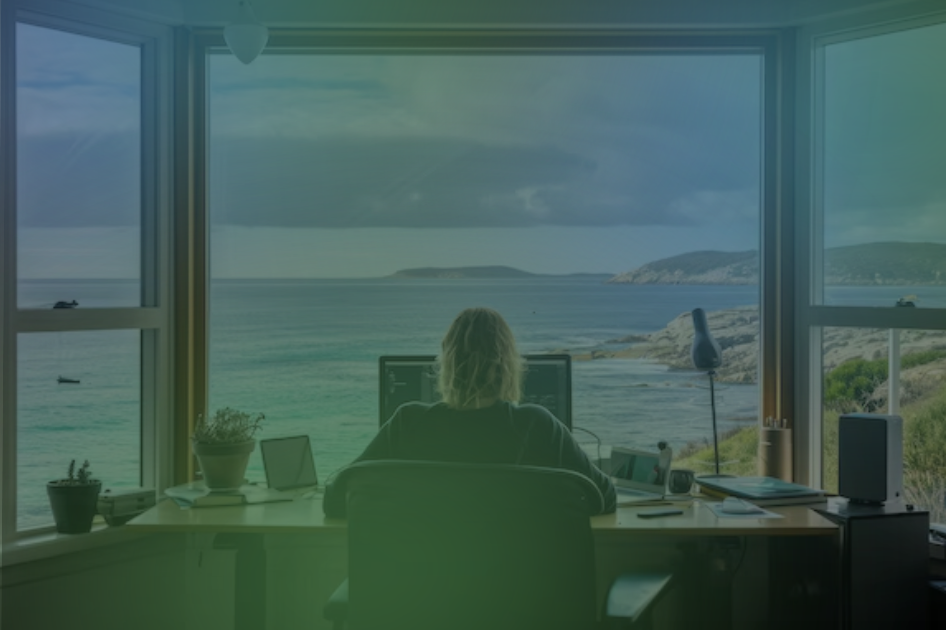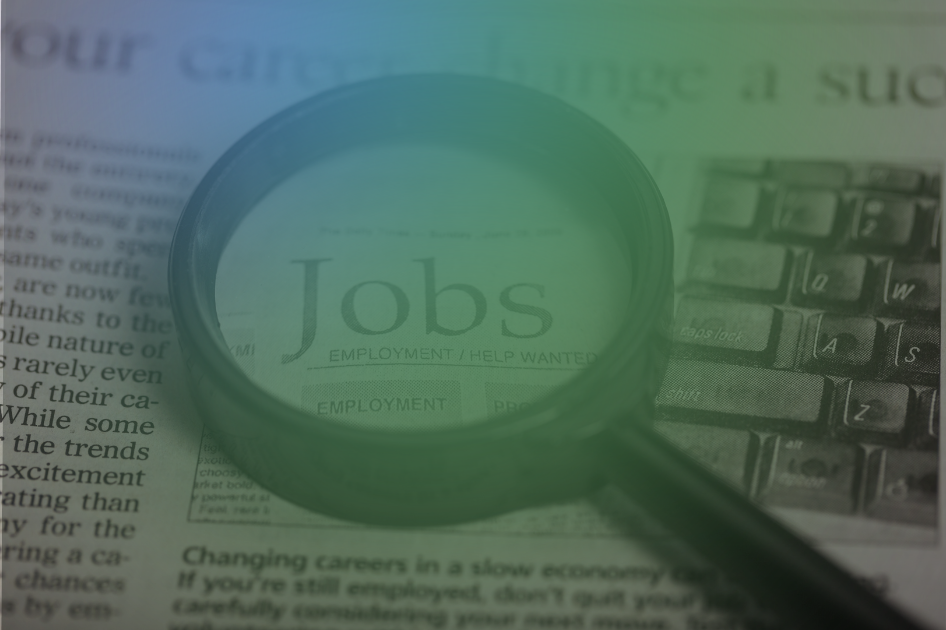How does one navigate the turbulent waters of today’s economy in the face of the crisis of Western geopolitical doctrines and the environmental polycrisis? <<Uncertainty is the hallmark of this period>>, says Alessandro Profumo, one of Italy’s most seasoned bankers and business executives.
Former CEO of both UniCredit and Leonardo (from which he stepped down in 2023, succeeded by ex-minister Roberto Cingolani), and chairman of Monte dei Paschi di Siena. Today, as a member of the board of directors of San Quirico, the holding company of the Erg Group, owned by the Garrone and Mondini families, Profumo is paying renewed attention to the clean tech sector and its future, despite the complex economic situation.
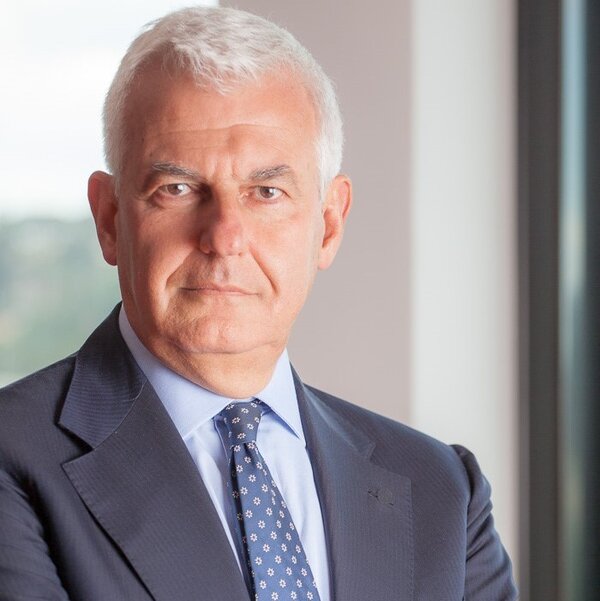
Tariffs and conflicts: a complex picture
<<There are daily developments on both the tariff and conflict fronts. Tariffs particularly affect exporting economies like Germany, Italy, and, to a lesser extent, France. Fortunately, our economy has greater reaction capacity than Germany’s, which is one of our outlet markets: thanks to smaller and more flexible companies, our country can more easily find alternatives. Conflicts, on the other hand, beyond the human impact, create enormous volatility of the energy component — just think of the rollercoaster in oil prices during the Israel–Iran crisis — which in turn affects industry and tourism, where flight prices, for example, are subject to significant swings.>>
Despite the chaotic situation, markets in early July maintained a positive outlook, partly due to a slight drop in interest rates.
<<But volatility remains. The stock market’s positive performance is tied to five major tech players, though there are various question marks surrounding them. Running artificial intelligence and cloud computing requires a great deal of energy. There are also non-American technologies, such as Deepseek, which have had a notable impact on companies like Nvidia. Caution on the part of investors is crucial.>>
Alessandro Profumo also voices doubts about investment in defence: by 2030, 5% of NATO member states’ GDP will be allocated to rearmament and security.
<<If that funding is taken from the social component of public spending, it will have a major impact on families’ lives. Furthermore, I believe it is unrealistic to think that the defence sector can reabsorb the jobs that are being ‘expelled’ from the automotive sector.>>

Where it is absolutely essential to stay the course is on the European Green Deal.
<<The transition is fundamental, and some of the European Commission’s revisions are positive: for example, exempting small businesses, which account for around 80% of the total and are overly burdened by reporting requirements, is the right decision, given that their weight is not so significant in the overall greenhouse gas footprint. We must not develop a reporting industry, but rather a real industrial capacity to decarbonise. And here, large companies have a supply chain obligation.>>
Profumo does not share the sensationalist headlines proclaiming ‘the end of green finance and ESG’, and cites the European Central Bank, which has reiterated the central role of green investment.
<<The ECB is maintaining its requirements for the European financial and banking system regarding the financing and environmental impact assessment of funded initiatives, a very important decision. Finance has been working on this issue for many years: I recall the speech given [in 2015, editor’s note] by then-Governor of the Bank of England, Mark Carney, The Tragedy of the Horizon, in which he clearly outlined how environmental issues would have significant impacts on the financial and insurance sectors [in UK the Central Bank also oversees the insurance domain]. Today, it is increasingly evident that extreme natural events lead to very significant damage. That is why, even when it comes to finance, we must be careful that reporting is not reduced to a mere table to be filled in, but a request for a clear risk reduction strategy.>>
- You may also be interested in: CSRD directive, what changes after the EU's omnibus package revisions: what's new
The main risk for banks and financial institutions is the knowledge gap: there is still insufficient understanding of environmental issues (biodiversity, for example) and the related risks.
<< The gap exists, but it is beginning to be closed. It’s a process of continuous growth,>> Profumo clarifies.
The role of venture capital and private equity
Beyond finance, it is equally important that venture capital and private equity play a part in supporting clean tech.
<<Attention to the sector is definitely growing. One of the most successful private equity funds in Italy, Ambienta Sgr, was founded with a focus on green themes, much like several major Swedish and Dutch funds.>>
Among the most interesting areas for investment, there is energy conservation and efficiency: << Batteries, material innovation, technological components, and new storage methods such as hydrogen. But energy saving should not be overlooked. When I was at Leonardo, we launched a project to improve the energy efficiency of lighting systems, both in offices and factories, which aimed to reduce consumption by 10 to 15%. The problem was finding a suitable financing mechanism and sourcing a sufficient quantity of high-efficiency LED bulbs.>>
- You may also be interested in: How ethical and sustainable finance are transforming the Blue Economy
The obstacle to clean tech investments in Italy is always the same, as Profumo concludes, << Authorisation times. For example, when launching new wind or solar energy plants. It’s a real problem, especially given that, thanks to Terna and other companies, we have a solid grid that is ready for the transition.>>
Article written by Emanuele Bompan
This blog is a joint project by Ecomondo and Renewable Matter
PUBLICATION
16/07/2025



